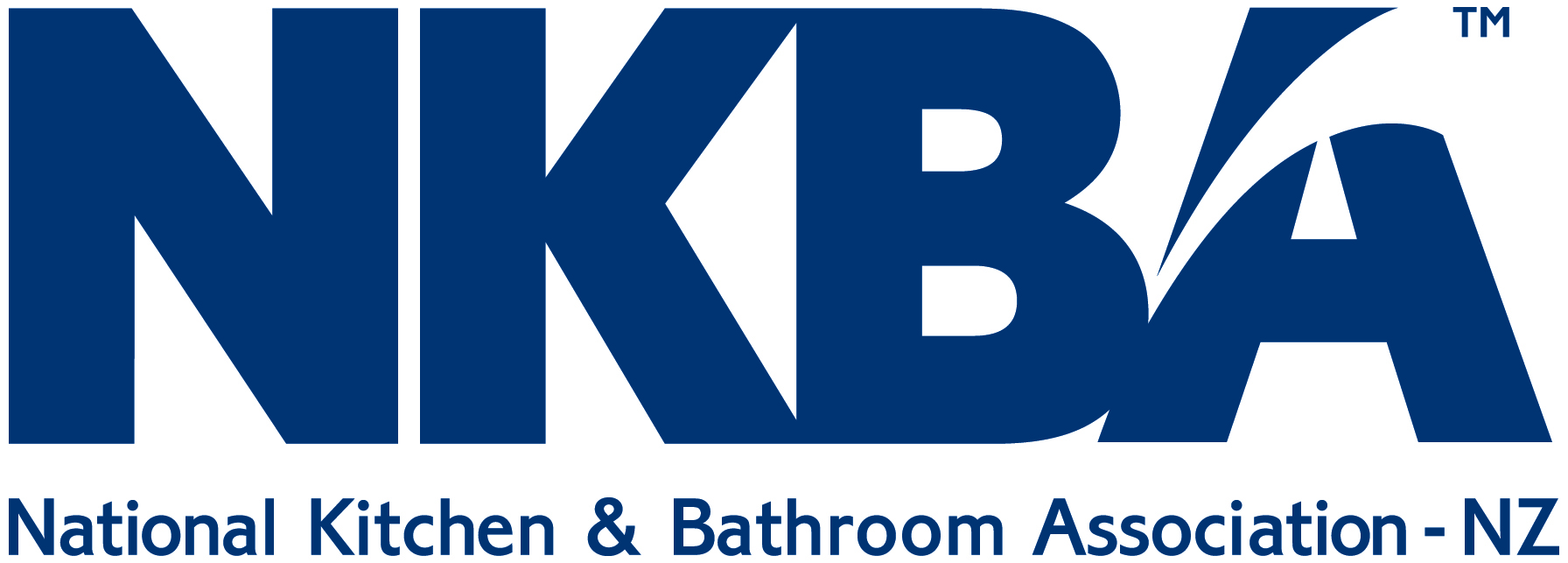Choosing a kitchen designer in an unregulated industry
The price of a high-end designer kitchen in New Zealand can easily surpass one hundred thousand dollars, and even the average kitchen renovation can be expected to reach into the tens of thousands. Yet as one of the most expensive rooms in the home, it is concerning that we too often place our kitchen dreams into the hands of the inexperienced.
Unfortunately, not many kiwis realise that the kitchen design industry is unregulated and there is no current legislation requiring a kitchen designer to be qualified. There is also a misconception that kitchen designers only choose benchtops and cabinet colours. The reality is that a qualified and or experienced kitchen designer does much more, in fact aesthetics are just one component of this complex design role. And I would go as far as saying, that contracting an experienced kitchen designer is integral to the overall success of a build or renovation, and it also helps to avoid costly mistakes.
A professional kitchen designer creates spaces that are spatially aware, with work flows and ergonomics well considered. They ensure a kitchen is well designed to meet the needs and wants of the occupants and that it considers the architectural context of the home. A professional kitchen designer understands the variety of materials, products and appliances on offer and which options will work best and be the right fit within every individual project. In addition to this, a professional kitchen designer should be able to beautifully balance an interior space to create a stunning aesthetic that meets the style of the homeowner.
So how do you choose an experienced kitchen designer? One way is to choose a Designer of NKBA. Designers of NKBA belong to the National Kitchen and Bathroom Association (NKBA NZ), the only professional membership organisation in New Zealand for kitchen and bathroom designers. We currently have more than 450 Designers of NKBA in New Zealand and we strongly advocate for education of our designers, with every year more than 130 students completing our National Diploma in Kitchen Design. All professional members are put through an assessment process before receiving their NKBA membership. And as a professional organisation committed to education and increased professionalism in the industry, we insist all Designers of NKBA keep up with their Continued Professional Development if they want to retain their membership status.
As the Chief Executive of NKBA and an advocate for increased professionalism in the design industry, I am acutely aware of what can go wrong when a designer is chosen for a project that is outside of their experience. Projects can get incredible costly when joinery has to be remade due to poor design choices or when projects overrun due to poor project management. We also know how disappointing it can be when the kitchen you dreamed of is not delivered.
If working with a Designer of NKBA is not an option, I would recommend asking all potential designers some simple questions, including what qualifications they have, if you can see examples of their previous work and if they have any testimonials to back up their expertise. I would also suggest seeking a designer with a Diploma in Kitchen Design or an interior design qualification coupled with more than five years of specific kitchen design experience.
Working with a professional in most industries is always best, and the kitchen design industry should be no different. Don’t get me wrong, you should absolutely choose a designer who has a beautiful Instagram grid, but it shouldn’t stop there, you should do your homework, and dig deeper below the surface, before making your designer selection. Trust me, you can’t afford not to.
